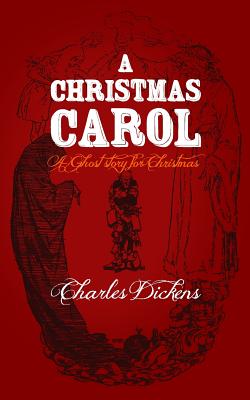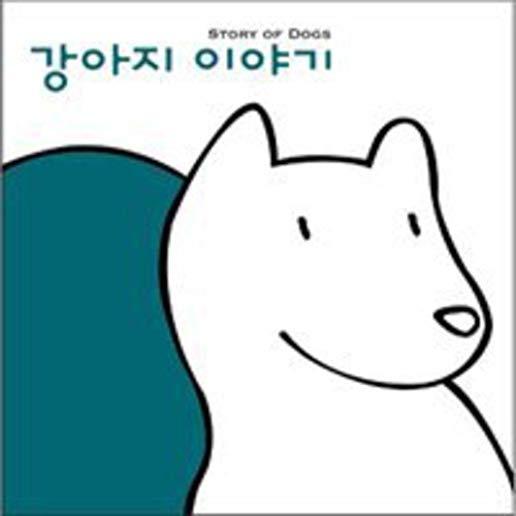
The book was written and published in early Victorian era Britain, a period when there was strong nostalgia for old Christmas traditions together with the introduction of new customs, such as Christmas trees and greeting cards. Dickens' sources for the tale appear to be many and varied, but are, principally, the humiliating experiences of his childhood, his sympathy for the poor, and various Christmas stories and fairy tales.
The tale has been viewed by critics as an indictment of 19th century industrial capitalism. It has been credited with restoring the Christmas season as one of merriment and festivity in Britain and America after a period of sobriety and sombreness. A Christmas Carol remains popular - having never been out of print - and has been adapted many times to film, stage, opera, and other media.
Dickens' Carol was one of the greatest influences in rejuvenating the old Christmas traditions of England but, while it brings to the reader images of light, joy, warmth and life, it also brings strong and unforgettable images of darkness, despair, coldness, sadness and death. Scrooge himself is the embodiment of winter, and, just as winter is followed by spring and the renewal of life, so too is Scrooge's cold, pinched heart restored to the innocent goodwill he had known in his childhood and youth.







